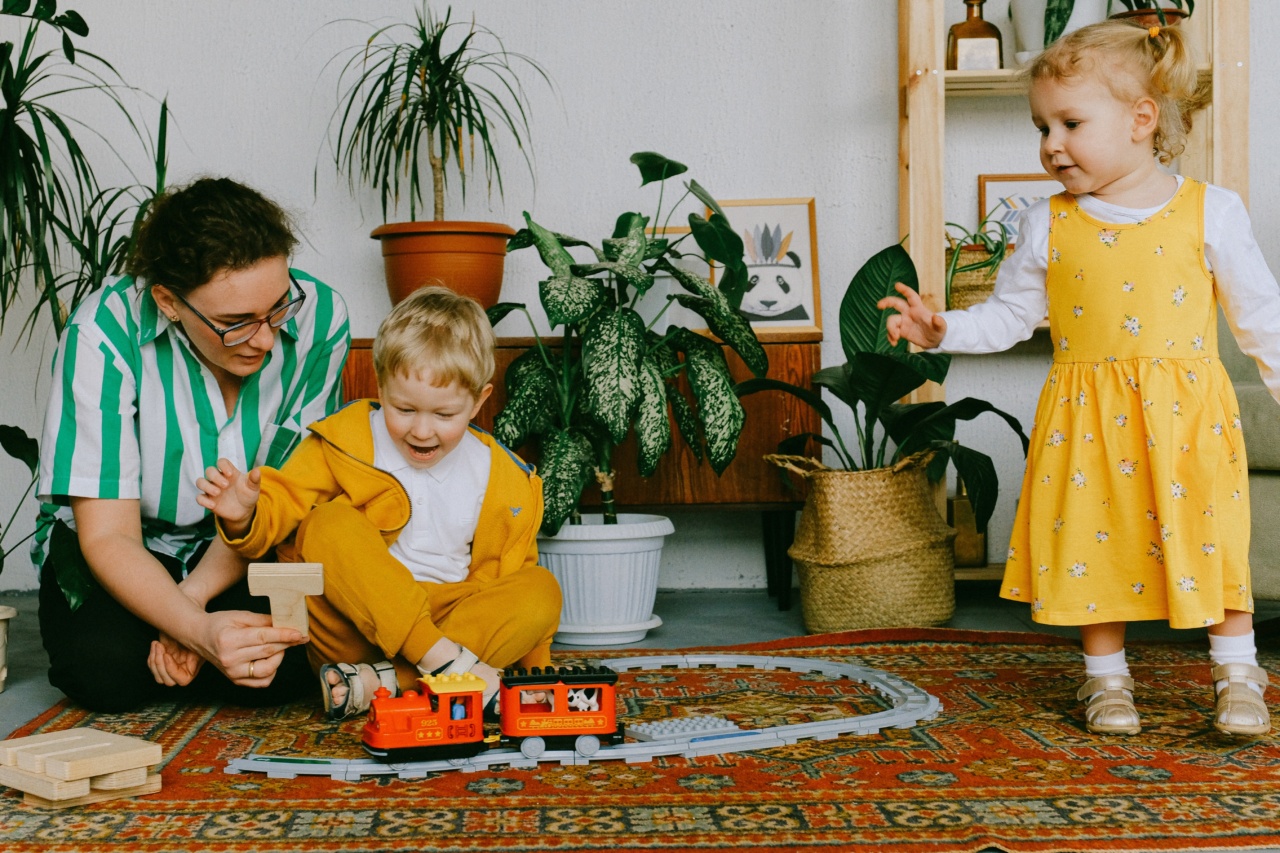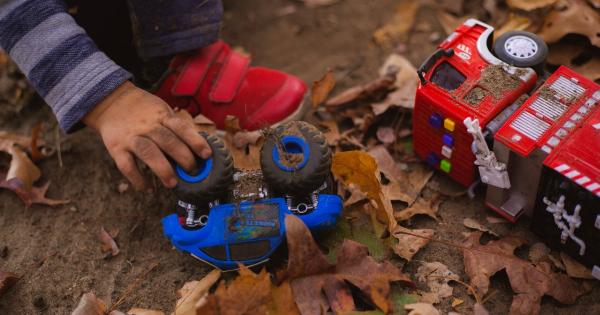In today’s world, plastic has become an integral part of our daily lives. From food containers to toys and household goods, it has permeated almost every aspect of our existence.
As a mom, you may not realize the potential risks that plastic can pose to your baby’s health.
1. Chemicals in Plastic
Plastic is made from a variety of chemicals like BPA (Bisphenol A) and phthalates, which are known to be potentially harmful. These chemicals can leach into the food, drinks, and products we use every day, including those used by babies.
2. Developmental and Reproductive Disorders
Research has shown that exposure to certain chemicals found in plastic can lead to developmental and reproductive disorders in infants. These disorders include hormonal imbalances, impaired brain development, and even infertility later in life.
3. Allergic Reactions
Plastic can contain additives and dyes that may trigger allergic reactions in babies. These reactions can manifest as skin rashes, itchiness, or even breathing difficulties in severe cases.
4. Choking Hazards
Babies explore the world through their mouths and are prone to putting anything they find into their mouths. Plastic toys or other small plastic objects can pose a choking risk if they break or come apart easily.
5. Microplastics Ingestion
Microplastics are tiny particles of plastic that are less than 5mm in size. They can be found in various products and can easily make their way into your baby’s body through ingestion.
These microplastics can accumulate in their organs and potentially cause long-term health issues.
6. Environmental Impact
Choosing plastic-free alternatives for your baby not only benefits their health but also contributes to a cleaner and healthier environment.
Plastic waste takes centuries to decompose, and improper disposal can harm ecosystems, marine life, and our planet on the whole.
7. Plastic Food Containers and Bottles
When plastic food containers and bottles are heated, the chances of chemicals leaching into the food or liquid increases. It is safer to opt for glass or stainless-steel containers for storing and heating baby food.
8. Plastic Toys and Teethers
Babies love to explore toys and often put them in their mouths. Opting for natural materials like wood or silicone toys reduces the risk of exposure to potentially harmful chemicals present in plastic toys and teethers.
9. Disposable Diapers
Disposable diapers are a staple for most mothers around the world, but they are typically made from plastic materials. These diapers may contain dyes, fragrances, and other additives that can cause skin irritation and discomfort for your baby.
Additionally, their disposal contributes to the ever-increasing plastic waste problem.
10. Importance of Plastic-free Alternatives
As a responsible mom, it’s important to prioritize your baby’s health and well-being.
Choosing plastic-free alternatives for baby essentials like bottles, toys, teethers, food containers, and even diapers can significantly reduce their exposure to harmful chemicals and minimize the risks discussed above. Opting for eco-friendly and sustainable options also cultivates a greener future for your child.
Remember, minimizing your baby’s plastic exposure is a step towards raising a healthy, happy, and environmentally-conscious individual.






























